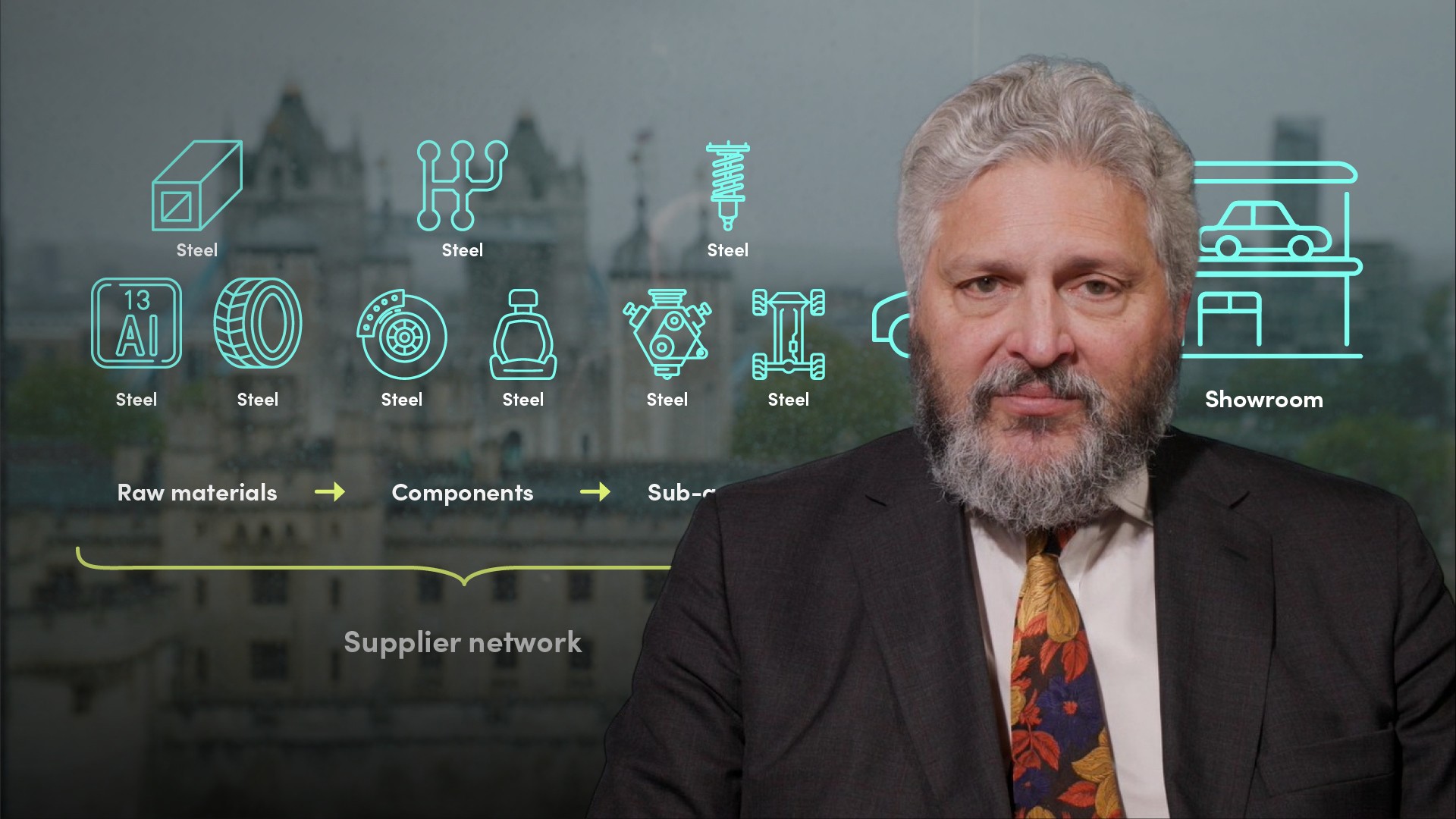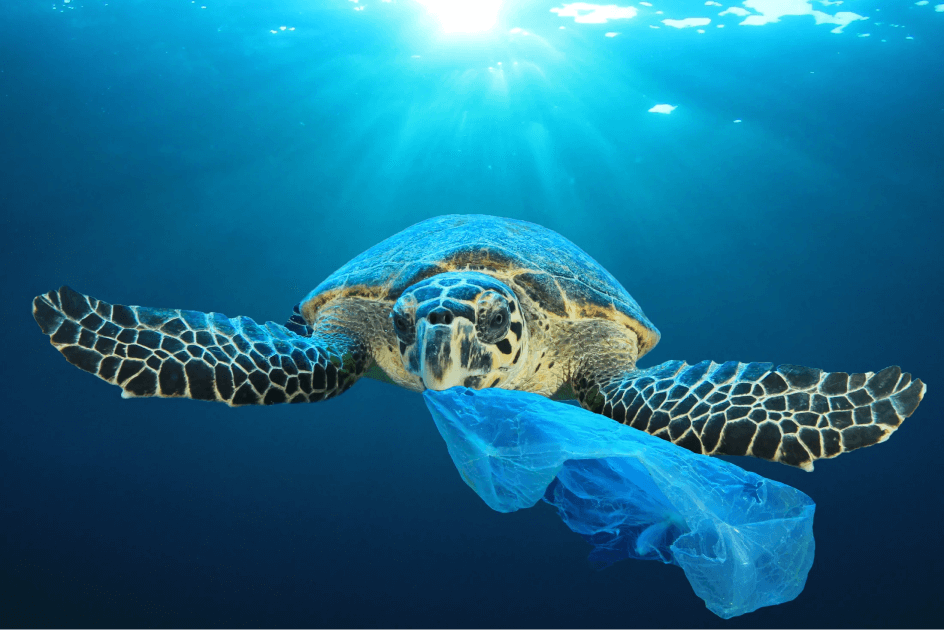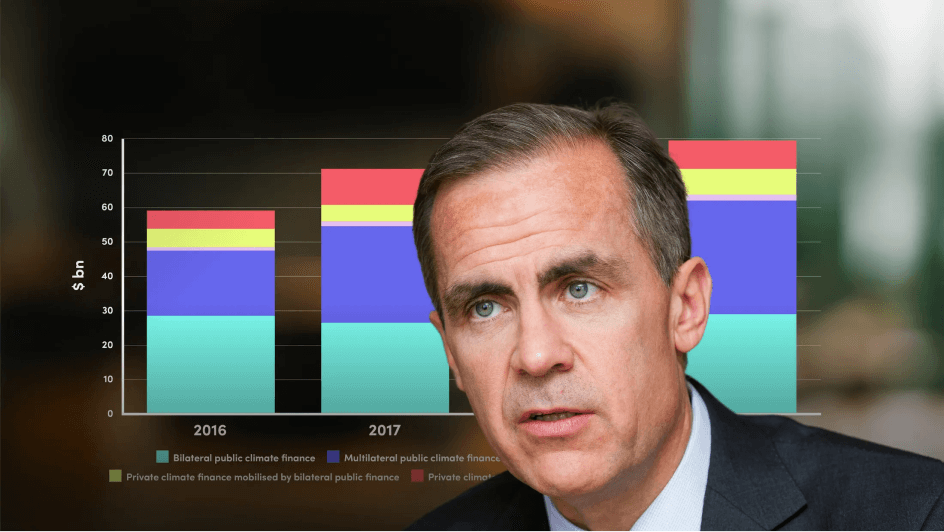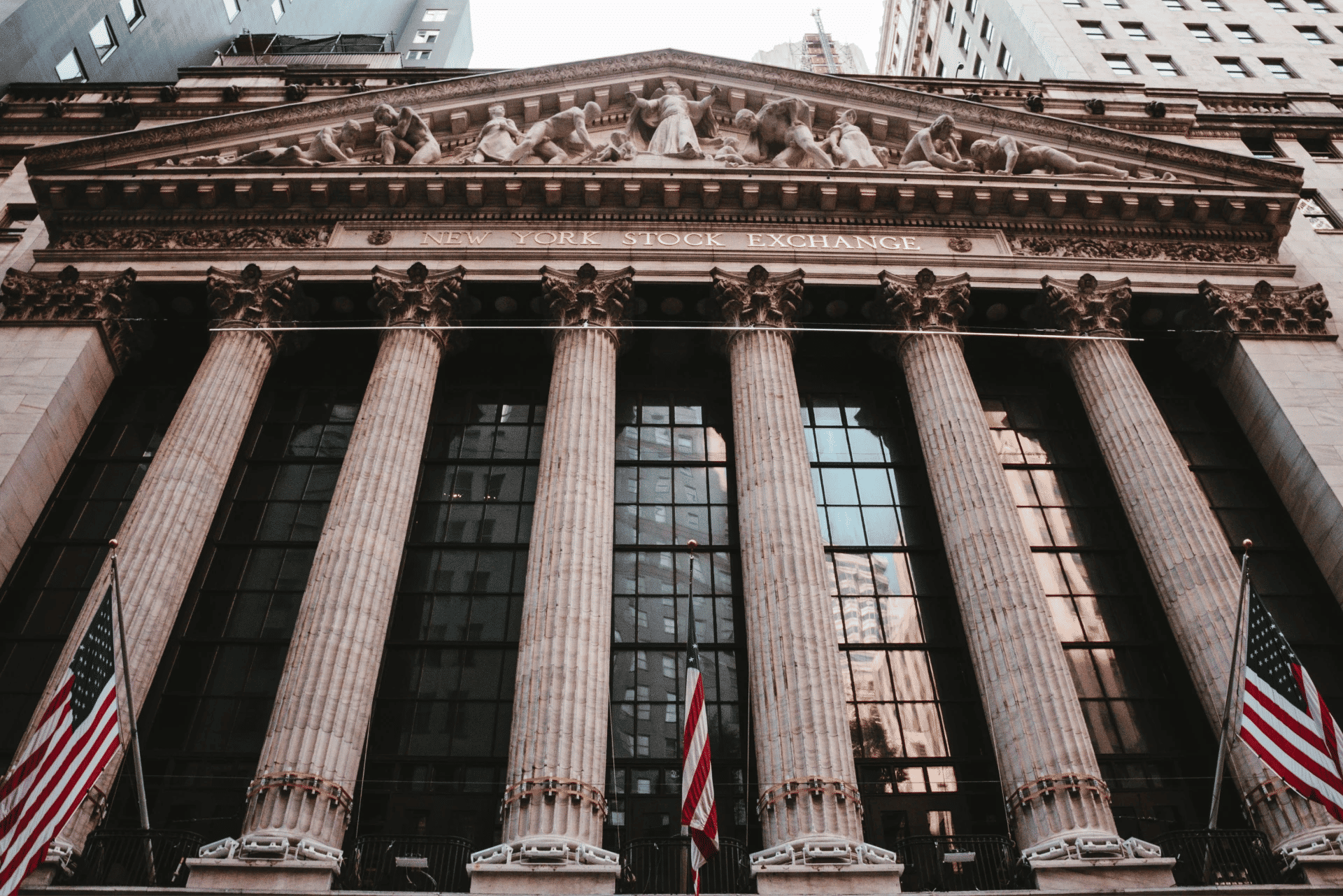
Real Life Examples of Greenwashing

Keith Mullin
35 years: Capital markets editorial
In the last video of this series, Keith takes us through some real-life examples from the debt capital markets where there has been some disagreement amongst market participants about whether issuers are greenwashing or not.
In the last video of this series, Keith takes us through some real-life examples from the debt capital markets where there has been some disagreement amongst market participants about whether issuers are greenwashing or not.

Real Life Examples of Greenwashing
6 mins 27 secs
Key learning objectives:
Outline a selection of issuances that may be perceived as greenwashing
Overview:
There have been many examples of issuances in the capital markets where questions around greenwashing have arisen. We've seen Total issue a sustainability-linked bond where the targets won't take the company to below a 2℃ pathway. Etihad's sustainability-linked Sukuk has the same issue. Repsol has also issued a green bond for technology improvements, but many market participants didn't like the fact that it would extend the life of oil refineries.
Few examples of where greenwashing can be highly nuanced.
- Total
When oil major Total announced in February 2021 that all of its bonds will henceforth be sustainability-linked, the company received a lot of plaudits. But, according to the scientific methodology developed by the TPI, Total’s targets will not take the company below a two-degree pathway. In other words, they’re not net zero compliant. So for an investor with a net zero mandate, Total would have to be screened out.
- Etihad Airline
Etihad’s sustainability-linked Islamic instrument, or Sukuk, of October 2020. The transaction’s sole KPI is a reduction in the emissions intensity of the company’s passenger fleet by 2024. As part of its corporate strategy, the company plans to purchase next-gen aircraft and engage in R&D around sustainable aviation fuel.
According to people who looked at the transaction, the emissions intensity targets are built off assumptions based on assumptions about future travel, future aircraft fleets and therefore future emissions. The TPI’s science-based methodology concluded the issue was not aligned with the two degrees pathway.
- Pearson
When education services company Pearson issued a social bond in 2020 to finance virtual learning, management made sure it was aligned with the Social Bond Principles. But at the same time, proceeds were allocated to existing products targeting existing target populations. Since exactly the same social outcomes would have been achieved with a conventional, did the company exploit the ESG label to fund business-as-usual growth targets with no social additionality?
- National Australia Bank
National Australia Bank extended a sustainability-linked loan for the Port of Newcastle in Australia in May 2021, NAB’s loan does hold the coal facility to making environmental improvements, but others say it cheapens the cost of capital and prolongs the life of the world’s biggest coal export facility. By some estimates, Newcastle’s coal throughput accounts for up to 1.5% of global greenhouse gas emissions. And the port will be critical to the new coal mines that have been approved in New South Wales.
- Repsol
When Repsol issued the first green bond by an oil major, in 2017, it received a negative response, even though proceeds were earmarked for more than 300 technology improvements at existing facilities. But at the same time, it was calculated that the company’s actions would cut GHG emissions by 1.2 million tons of CO2 equivalent. And the bond was part of an ambitious long-term decarbonisation programme.
All of these examples reflect moves to improve the status quo but how credible they are and how material they are is an open question. Ultimately, it has to be up to each stakeholder to decide for themselves but this must in turn be based on rigorous data standards and benchmarks.

Keith Mullin
There are no available Videos from "Keith Mullin"





















